#35: Five for Them, One for Me, with Stefanie Leder
Stefanie’s debut, LOVE, COFFEE, AND REVOLUTION, is out June 10. It’s available for pre-order now.
When I read Stefanie Leder’s “Not a Dinner Party Person” in EIGHT VERY BAD NIGHTS, I marveled at how damn good it was. A delightfully dark yet hilarious tale of a sociopath dealing with her family during Hanukkah, “Not a Dinner Party Person” felt like the work of an absolute pro. I wasn’t sure how I’d missed reading her before.
It was because it was her first published short story. Ever. Anywhere.
Since being published last year, “Not a Dinner Party Person” has been nominated for an International Thriller Writers Award for best short story, and was selected for this year’s Best American Mystery and Suspense, edited by Steph Cha and guest-edited by Don Winslow.
(Did I mention this is Stefanie’s first short story? The absolute nerve of her.)
Stefanie’s background is in storytelling, however, as a screenwriter and showrunner for shows including the MTV teen dramedy “Faking It,” TBS comedy “Men at Work,” Netflix’s “Boo, Bitch,” and the long-running ABC Family comedy “Melissa & Joey.” We met last year at the EIGHT VERY BAD NIGHTS kickoff event in Los Angeles, as she was making final cover choices for her debut novel, LOVE, COFFEE, AND REVOLUTION, and she compared the book to ROMANCING THE STONE. From that description alone, I was in for the ride.
And like Stefanie herself, LOVE, COFFE, AND REVOLUTION is an absolute delight. Centering on Dee Blum, an idealistic college student who lands a job organizing coffee farm eco-tours in Costa Rica, the novel finds its protagonist caught in not only a conspiracy involving a powerful fair-trade organic coffee network, but also a love triangle between two very different men. Smart, thoughtful, funny, light on its feet and full of heart, LOVE, COFFEE, AND REVOLUTION is the perfect kickoff to your summer reading list, and to Stefanie’s literary career.
Stefanie’s also our latest Five for Them, One for Me.
Let’s go.
FIVE FOR THEM
1. What was the origin point for your debut novel LOVE, COFFEE, AND REVOLUTION?
I lived in Costa Rica as a study-abroad student, and it was the most transformational experience of my life. Learning to navigate the world in a different language and culture changes you forever. It helps you see things from multiple perspectives. It made a huge impact on me. After graduation I worked at a nonprofit in the Bay Area on anti-sweatshop and Fair Trade campaigns. I knew I wanted to write about my experiences in Costa Rica, but not from the perspective of a student. I wanted some action and adventure! And that’s how the coffee-network-fraud story was born.
2. This is your first novel, and “Not A Dinner Party Person” was your first short story, but you’ve also written extensively for television. What made you know these stories weren’t scripts? How big was the leap from screenwriting to prose, and what skills translated from one to the other?
I think many stories can work in various mediums. It’s more the experience of writing prose for me — it’s more fun. I love being inside the character. The part that was initially hard for me was making sure I paid attention to physical descriptions. When you are screenwriting, you often see it in your head, but you don’t have space to put it in the script. Also, that’s called “directing from the page,” and directors hate that. So it was strange at first to have space and permission to write descriptions! One of the skills from TV and film writing that helped most was plotting and pacing. In TV you don’t have room for digressions; everything must advance the plot (through character.) I made sure to look at the scenes in the book that way. Even if we are going into the character’s head, we need to be moving the story forward in some way. And here is a TV/film hack: I did a pass on the manuscript where I asked myself, would an actor want to play this role? This can make your characters more complex.
3. LOVE, COFFEE, AND REVOLUTION is fast-paced, funny and thrilling, but it also has a lot on its mind. You touch on a variety of subjects—religion, identity, workers’ rights, eco-tourism, and the true cost of a cup of coffee—but it never slows down the story. How did you find the balance between showing Dee’s story and giving these ideas the weight and space they deserve?
Thanks for saying that and I’m glad you thought so! Talking about the big subjects is what gets me to my computer each day; it’s the part I love most. But I stay cognizant that the plot always needs to move, even during what may seem like a philosophical digression. (This is part of my TV training!) I never want the reader to be bored. So I tried to make the exploration of those subjects and themes organic to the characters and their emotional journeys so that they had to be there.
4. Dee is a great protagonist: Earnest yet self-aware, unsure of herself but also undeterred in both her job and her efforts to discover and define herself. Part of your own personal journey mirrors Dee’s, so how much of you would you say is in her character?
Aw, thanks. I’m going to be honest, her character is very close to mine. I didn’t do the majority of the things Dee did, but I have thought the majority of her thoughts. I basically took the 20-year-old version of me, and tried to make her a more interesting character. Most of my TV experience is in comedy, and you always look for the flaw. So I made Dee a more flawed version of me (obviously, I’m perfect.) I also thought a lot about how hard it is to be a young woman (and young man), and how overwhelming the self-doubt can be. My personal maturation process involved understanding that having anxiety or fear doesn’t mean you lack courage. Courage is being afraid, and acting anyway. I wanted to give young people hope that they can and will find their confidence. Dee finds hers, just like I found mine.
5. There’s a fantastic line in the book that has stuck with me: “Our lives were a lottery of where we were born and to whom.” It feels like Dee’s constantly wrestling with her sense of privilege. Talk about crafting her personal journey through the book, and contrasting it with the physical journey she takes.
This is where living in another country can really impact you, especially if it is a less wealthy country. Costa Rica is a middle-income country, but I also traveled to Nicaragua, which is a low-income country. And that observation by Dee is sparked by Nicaraguan immigrants in Costa Rica, and the very difficult economic choices they have. You can’t become a novelist if you have to leave school at age nine to go pick coffee in another country during every harvest. When I lived and traveled in Central America, I was constantly struck by how much privilege I had being born American at the end of the 20th century. I’m also the granddaughter of a Holocaust survivor, so gratitude for my safety has always been part of my awareness. We don’t control where we are born, when, or to whom. The wheel spins, and you land somewhere. If you’re born into safety, with even a little economic security, you are enormously fortunate. This is something Dee learns on her journey. I think it’s a realization that can make us more dedicated to helping others who weren’t born under a lucky star.
ONE FOR ME
Everyone has strong coffee opinions in this book, and we all know coffee is one of the substances that fuels Hollywood. What’s your favorite coffee shop, and your go-to coffee order?
Ooo, tough one, because I mix it up all the time! I love straight-up regular coffee — right now I am absolutely loving the coffee from an independent cafe/roaster called FreeForm in Sedona. They do direct trade, and have excellent and transparent practices. I love their house blend Stargazer and they also have a great Costa Rican blend. I love it so much I order directly from them. Here at home, if I’m being fancy, I get a lavender latte. And there’s a super cute cafe near me in LA called Coffee and Plants. I love their concoctions and beautiful atmosphere.
GOOD NEWS, EVERYBODY!
My story “Road to Nowhere” will be joining Stefanie’s “Not a Dinner Party Person” in this year’s Best American Mystery and Suspense. “Road to Nowhere” was originally published in BURNING DOWN THE HOUSE: Crime Fiction Incited by the Songs of the Talking Heads.
This is my second story to land in Best American Mystery and Suspense (“No Man’s Land” from ONLY THE GOOD DIE YOUNG: Crime Fiction Inspired by the Songs of Billy Joel was in the 2022 edition of BAMS—and yes, I’ve done several of these “inspired by” anthologies because they’re fun as hell).
I owe BURNING DOWN THE HOUSE editors Michel Lee Garrett and T. Fox Dunham so much for shepherding my story through the process. Their edits made the story better, and I’m grateful for their hard work.
In continuing “I can’t believe how good my life is sometimes” news, “Twenty Centuries”—from EIGHT VERY BAD NIGHTS, and edited by Tod Goldberg—received an Anthony nomination for Best Short Story. The collection was also nominated for Best Anthology.
I’ve talked (endlessly) about “Twenty Centuries,” but it’s a story I’m very proud of, and one I would never have written if not offered the chance by Tod. A giant thank you to him for believing a godless heathen from eastern Kentucky had something to say about Hanukkah.
If you’ve somehow not read it or listened to Rabia Chaudry’s reading of “Twenty Centuries,” you can find links for both at my website below.
#1000WordsofSummer
Jami Attenberg, author of 1000 WORDS, is spearheading another #1000WordsofSummer initiative—her eighth (!!)—by encouraging writers at all levels to commit to writing a thousand words of day through June 13. Her Substack includes daily affirmations and links to resources to keep participants encouraged along the way.
I’m personally someone who aims for a thousand words a day year-round, but recent life circumstances have kept me from meeting my goal, so I’m using this as a kick-start back on some writing projects. If you’re struggling on your writing path, check Jami’s newsletter out, and let’s root one another along on the journey.
That’s all we’ve got for now. Thanks for coming. See you next time, and hey, let’s be careful out there.





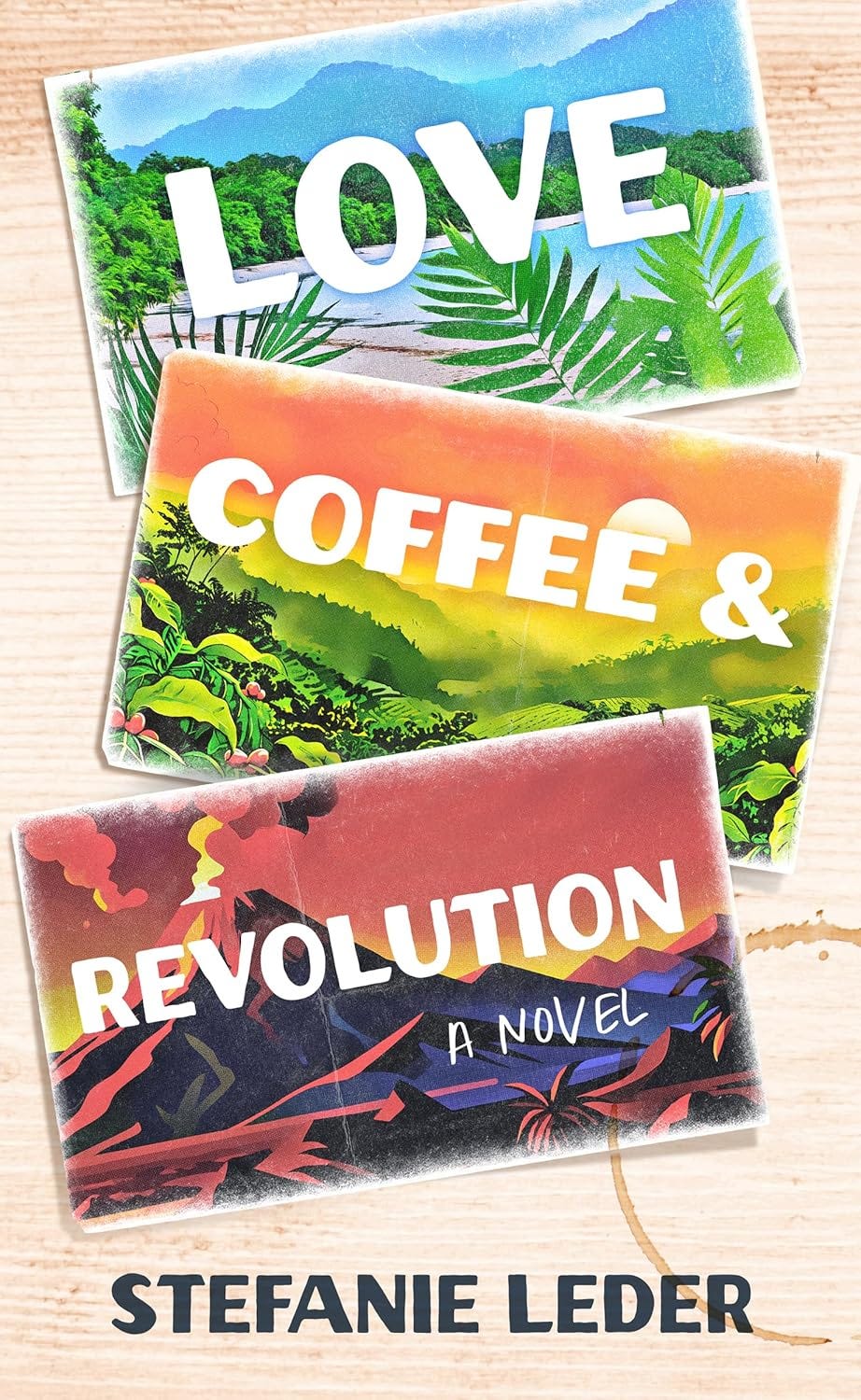
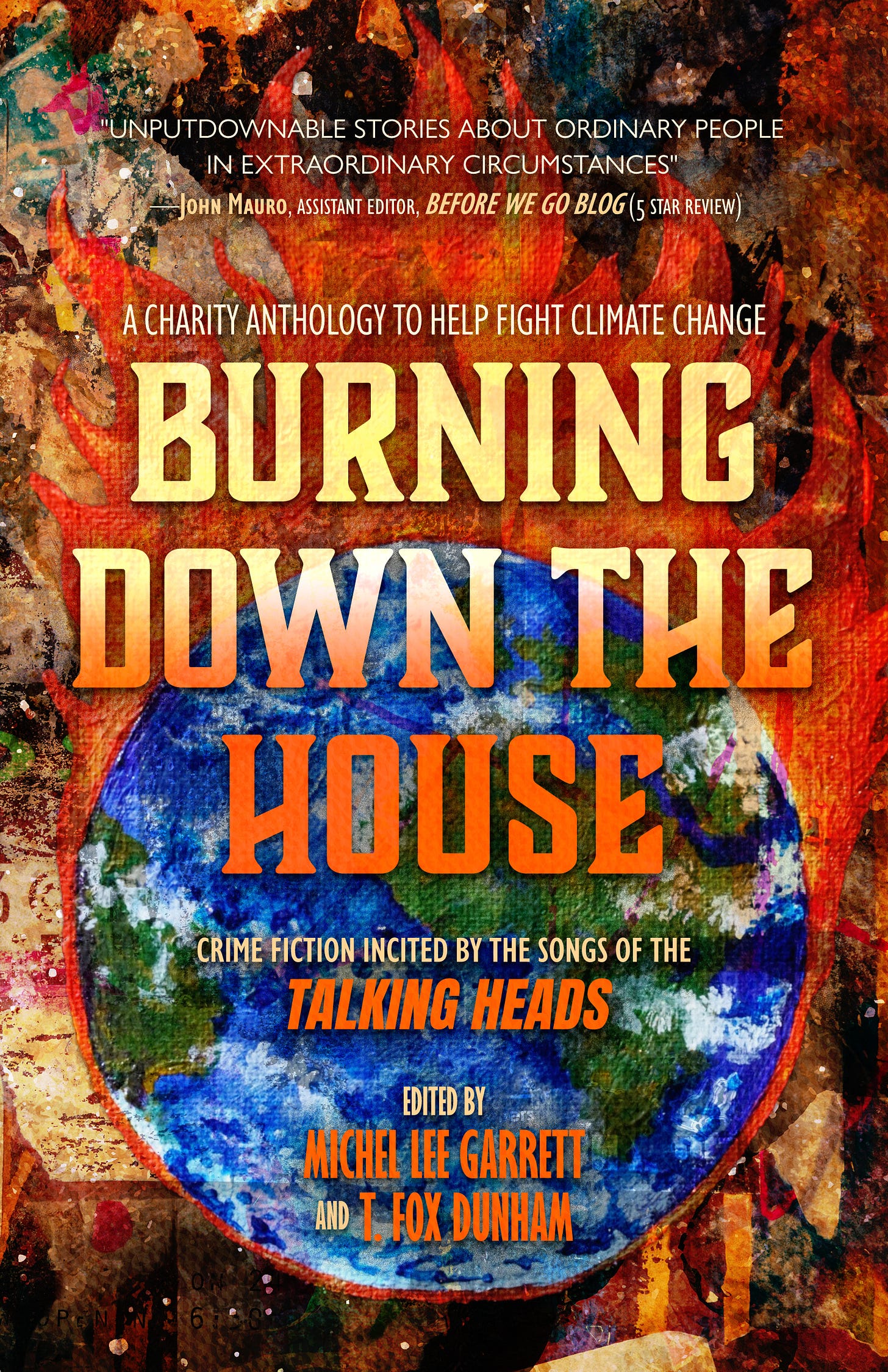
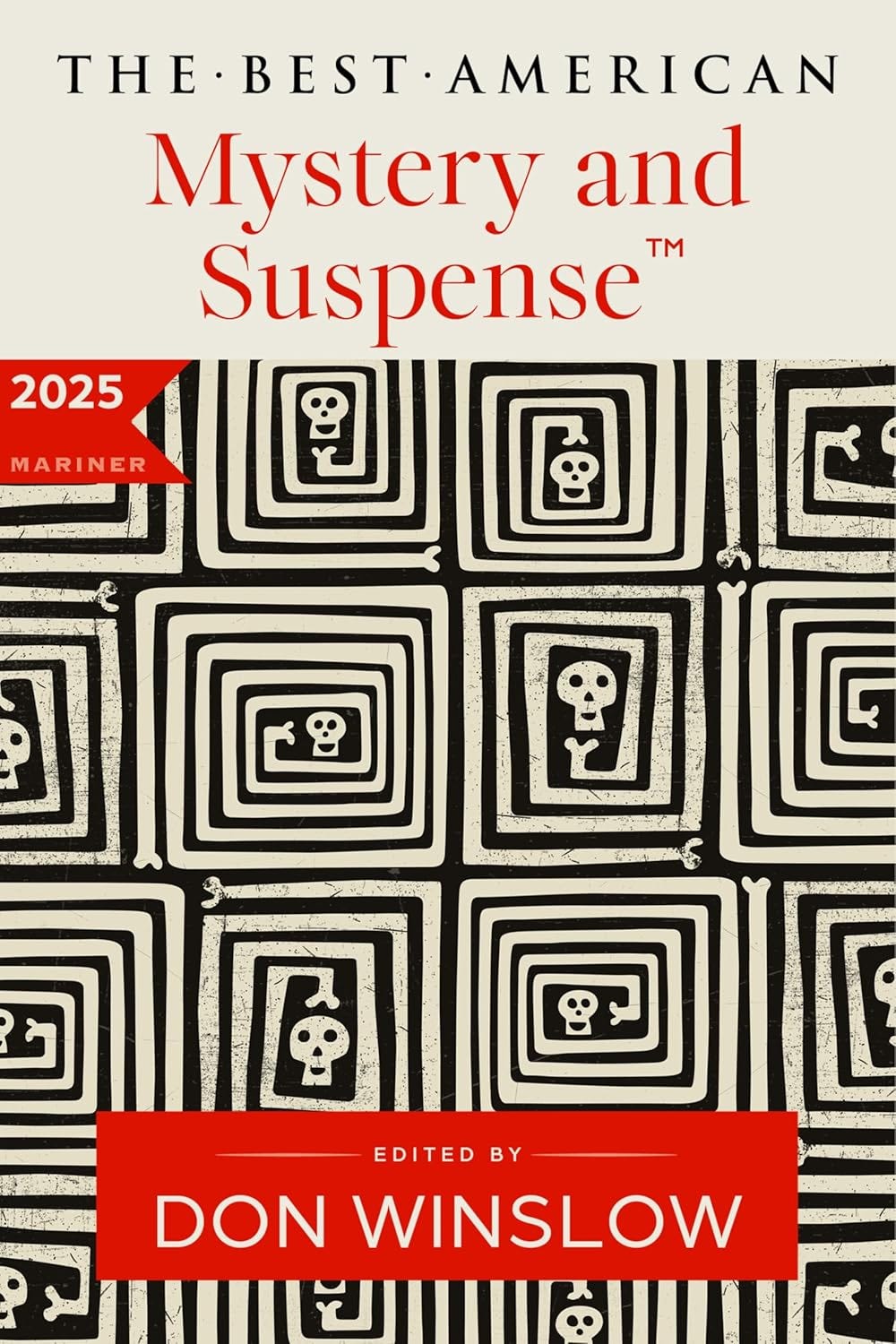
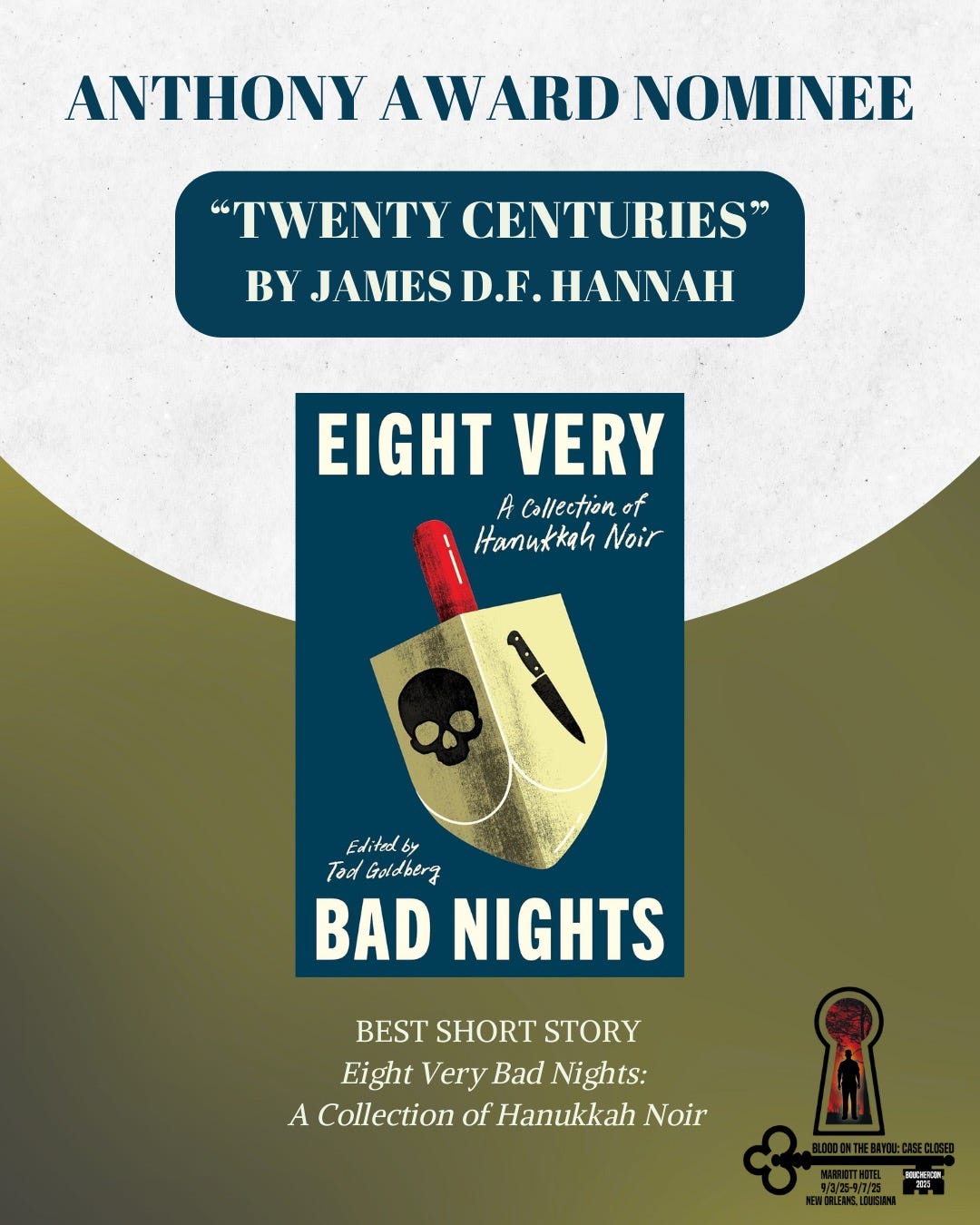
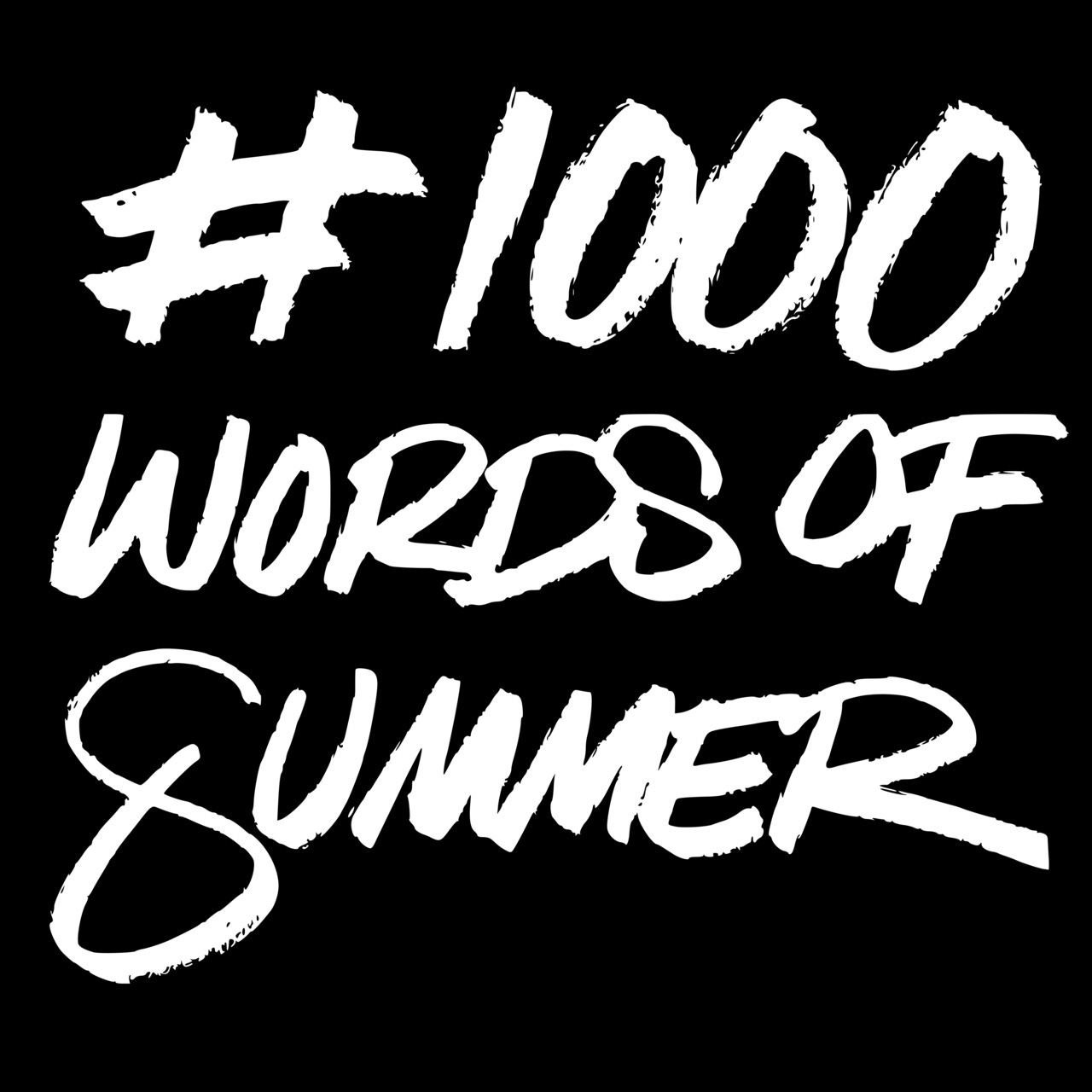
Great interview! Congrats to you and Stefanie!